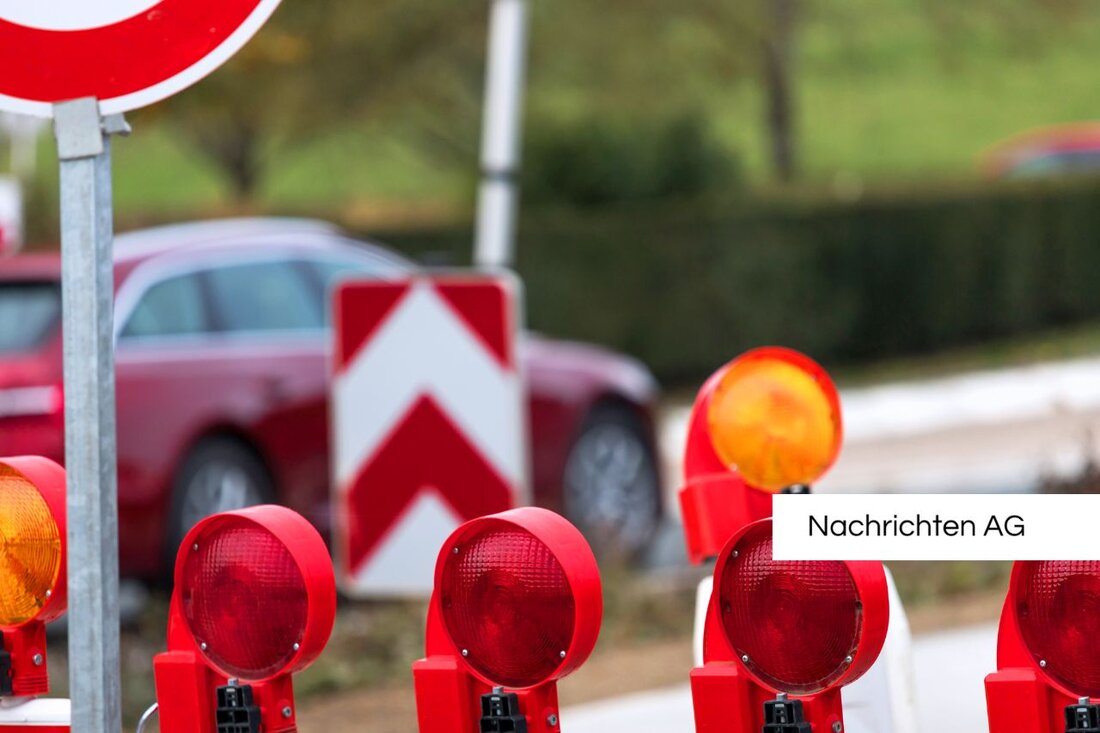Complete closure in Feldberg: Luzinweg will be a nightmare from July 9th!
From July 9, 2025: Luzinweg in Feldberg will be completely closed for construction work. Detours are signposted.

Complete closure in Feldberg: Luzinweg will be a nightmare from July 9th!
In the tranquil community of Feldberg, where pedestrians cross bikes and nature invites them to linger, an important measure is on the agenda: Luzinweg will be completely closed from July 9th to probably 11th. The reason for this is urgently needed work to connect to the waste water canal and the creation of house connections for drinking and waste water, which are connected to a new residential project. These measures are of great importance not only for the residents, but also for the entire infrastructure of the community. The first restrictions are expected as early as July 7th, which will extend to a full closure, reports the Northern Courier.
The closure extends behind the container areas, approximately at number 31. A diversion for traffic will be signposted via Bahnhofstrasse, Mühlenweg and Harsefelder Strasse to Luzinweg. Particular attention should be paid to ensuring that the bottleneck at the level of the Jewish cemetery is designated as a one-way street. This can only be accessed from the direction of Mühlenweg, while the Hans Fallada settlement remains accessible via Luzinweg. However, there is an all-clear for everyone who wants to go to the Lidl supermarket: it is easily accessible from the train station roundabout. However, obstructions in the area of the footpath and cycle path are expected.
Renovation work on the B 317
Challenges and solutions
But the construction sites are only part of the story. In Germany, municipalities are struggling with an enormous investment backlog of around 150 billion euros, as a current study by Difu (German Institute for Standardization) shows. In order to overcome this infrastructure crisis, an additional investment of around 457 billion euros would be required over the next ten years. Despite an expansion of investment activity, there is a large gap between the planned and actually implemented projects. Often enough, funding provided by the EU, federal and state governments is only accessed slowly, which further exacerbates the situation.
In order to counteract this situation, coordinated measures are necessary at all federal, state and local levels. The central areas of action include overcoming non-monetary barriers to investment and strengthening training capacities in technical professions. The number of staff in construction administrations must be increased to avoid delays in projects, while at the same time digital solutions such as Building Information Management (BIM) should be increasingly used. Further information and recommendations for action can be found in the detailed Difu report at difu.de.
Overall, Feldberg faces a number of challenges, which, however, also offer opportunities to improve the quality of life and infrastructure in the region. It remains to be hoped that the planned measures will go smoothly and that the infrastructure can soon be brought back up to date.

 Suche
Suche
 Mein Konto
Mein Konto